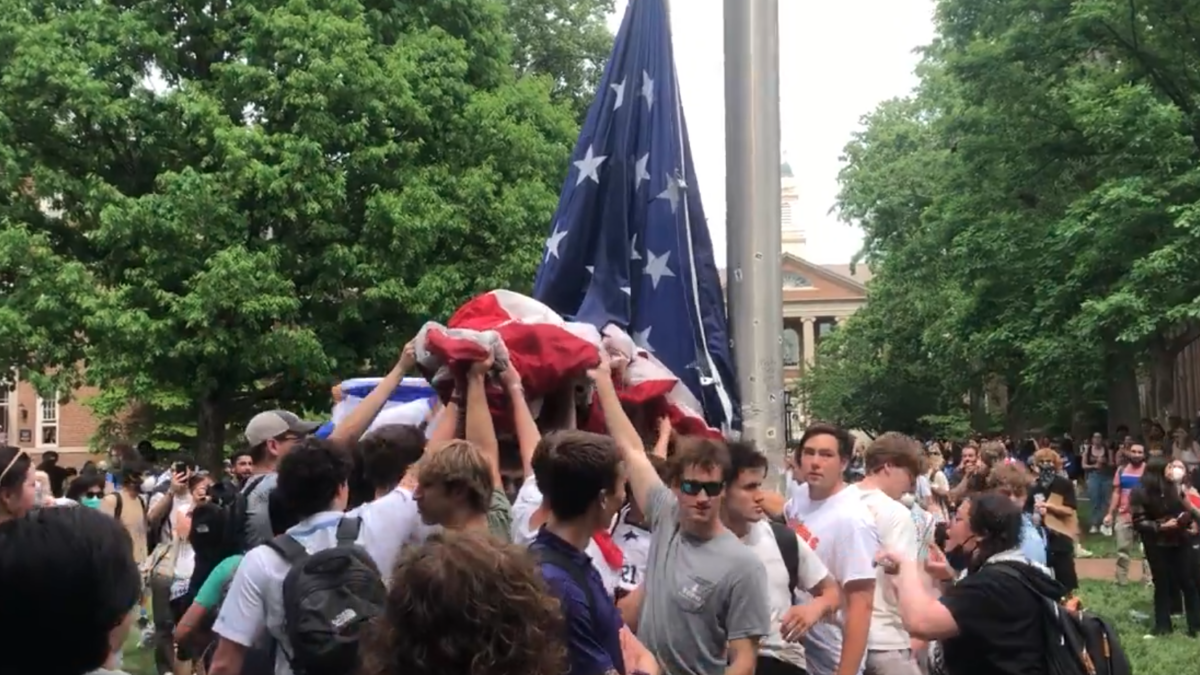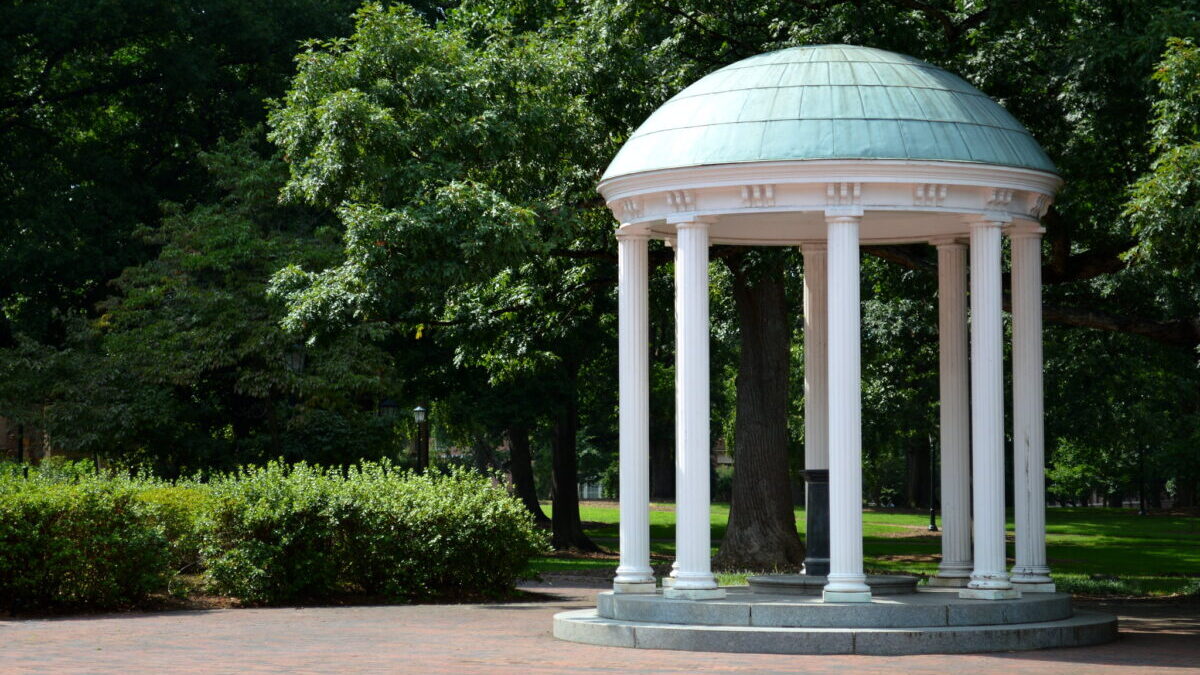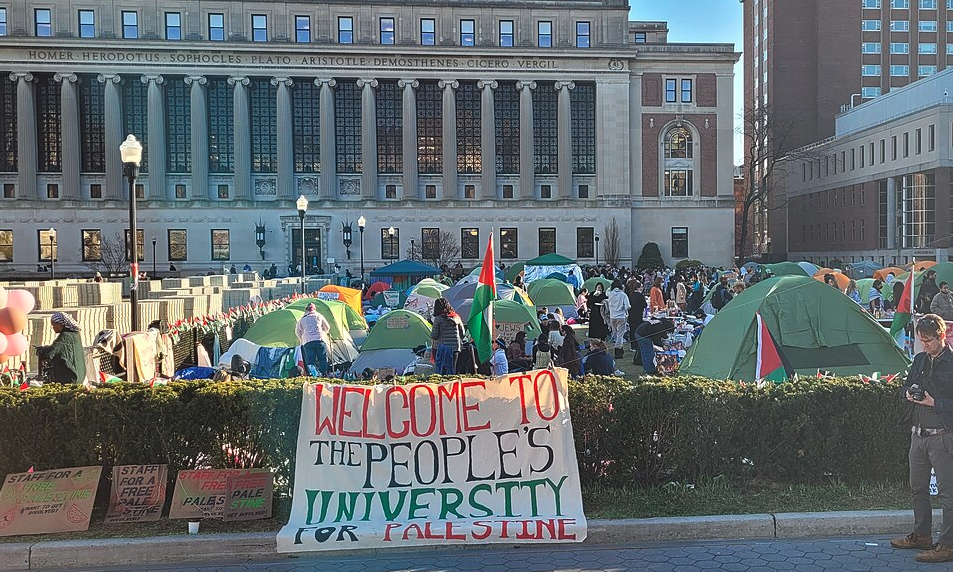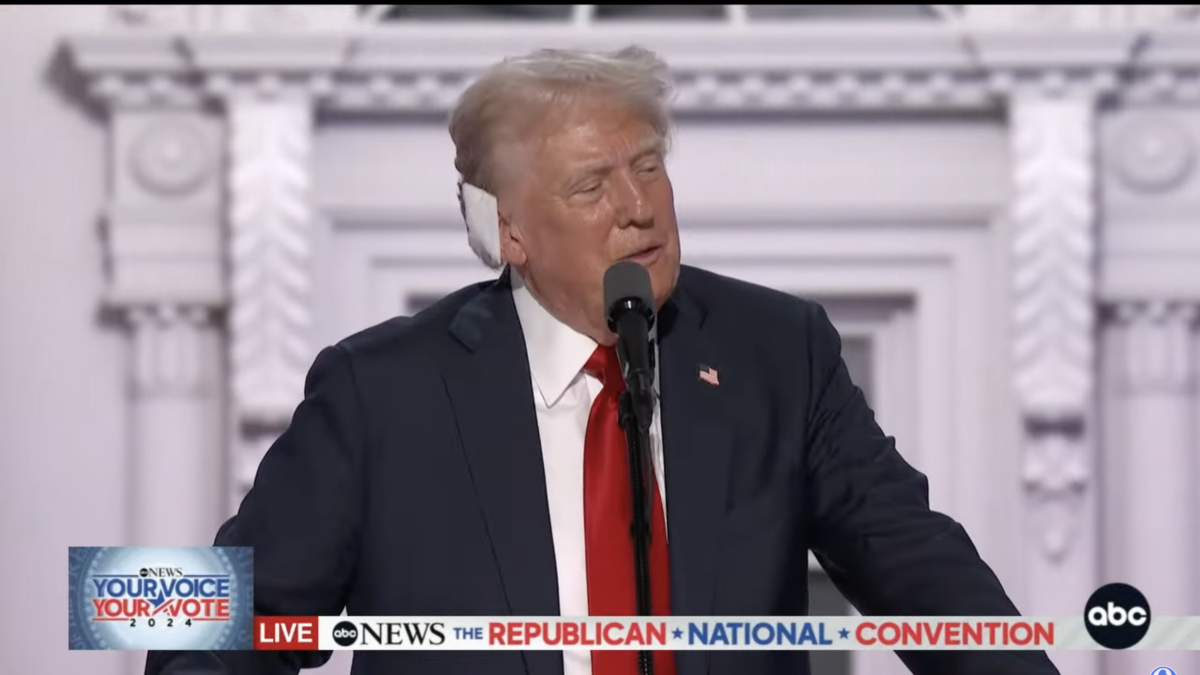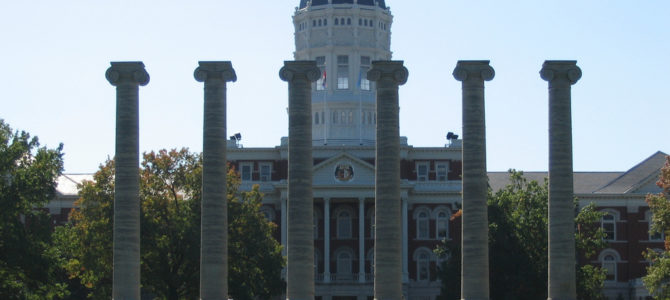
Columbia, Missouri — The University of Missouri had it coming. Still, I pity the school. Each ill tiding, from declining enrollment to dorm closings to budget shortfalls and layoffs, is more than a headline here. I’ve heard about it at church, on sports fields, at eateries and elsewhere.
Informed local alumni can recount the detailed backstory of university infighting that led to these spectacular failures of leadership, but no one, not even university officials, pretends the real culprit is anything other than what everyone saw on the national news: out-of-control campus protests, the football team trying to use a boycott threat to take control of the university, and a professor demanding “some muscle over here” to violate the rights of a student journalist.
Stronger leadership would have better navigated the incidents and protests, perhaps heading off the excesses that so sullied Mizzou’s reputation. But as subsequent events at campuses across the country have shown, Mizzou is hardly unique; its problems are endemic in America’s colleges and universities. There is a moral and intellectual emptiness at the heart of American higher education, which campus radicals, boiling over with sanctimony and purpose, seek to fill. Universities are vulnerable to domination by left-wing radicals, not because they are led by radicals, but because they are led by hollow men and women.
The Hollow People
Major university leaders tend toward bland corporate progressivism, and they want to be perceived as concerned about various social justice causes. But in practice, they’re ruthlessly exploitative: collecting fat salaries while spiking tuition (and therefore student loan debt), pushing teaching duties onto poorly paid graduate assistants and adjunct professors, and squeezing as much revenue as possible out of disproportionately black amateur athletes. Minority students in general are courted, but often treated as part of a well-rounded education for upper-middle-class white students. Administrators increasingly try to run universities like businesses, with growth for the sake of growth an unthinking priority.
In short, for all their progressive pieties, major research universities have about as much soul as any other major corporation with progressive leanings. Watch the ads for various schools during football season—with a few exceptions they’re effectively interchangeable. Talk of social justice is just another form of advertising and moral preening. Many, perhaps most, smaller schools fit the same pattern, minus the profitable athletics.
What’s the point of it all? Most American universities and colleges don’t have a coherent answer. There are, of course, exceptional institutions, departments, and professors around (including at Mizzou). And religious schools that take their religion seriously usually have a clear sense of purpose, as do highly science-focused schools. But the rest tend to have mission statements composed of corporate-speak pabulum, and a discordant mix of various purposes competing within them.
The most successful of these tasks, the advancement of scientific-technical knowledge, proceeds effectively, along with the training of scientific and technical personnel. The relevance and success of this enterprise is undisputed. It is also unintegrated with the rest of the university, or with any overarching understanding of the human goods and purposes it should serve.
Meanwhile, university leaders tend to be unconcerned about any cohesive standard or purpose for the research and teaching that takes place in the arts, social sciences, and humanities. Degree requirements often allow students to graduate with enormous gaps in their major field of study, to say nothing of the other areas they’re nominally required to survey. Graduating with, say, a B.A. in history requires learning some history and a smattering of knowledge from other subjects, but the requirements at large schools are usually loose enough to ensure no unified plan of education for the students. Go in, take some courses in the required areas, and hopefully come out educated, whatever that means.
This approach still has its uses: it can screen students for graduate and professional schools, and offers a credential showing a minimal level of capacity to follow directions, communicate, and complete tasks. But it doesn’t require that students receive any cohesive knowledge or training before graduation. A student who wishes to can receive an excellent education at nearly any school, especially if he is willing to do some supplemental reading on his own. But the school won’t ensure it.
We’re All Here for Ourselves
As for faculty research, outside of the hard sciences (and perhaps a few other outliers, such as economics), it is increasingly irrelevant, self-indulgent, and ignored. For example, philosopher Alasdair MacIntyre has noted of his own field that “whatever force moral philosophy might have had as criticism is neutralized by its status as professionalized theory,” whose academic outcomes are irrelevant to ordinary life. This disconnect between the basic philosophical questions of ordinary people and the philosopher’s specialized studies means that “the professional philosopher often appears strange and unintelligible to the plain person, an irrelevant, oddly useless figure of obscure utterances.” Indeed.
Not that attempts at academic relevance are necessarily any better. Melissa Click, the hapless former Mizzou communications professor and wannabe thug, studied Martha Stewart and the Twilight books. We may forgive someone who struggles to conduct and explain good research on, say, Kant, but there is a special hell for those who problematize teen vampire pulp fiction and call it academic research (a modern Dante might assign them to endlessly peer-review each other’s articles). Unfortunately, university leaders don’t care if entire departments are overrun by nonsense, so long as it’s fashionable nonsense.
America’s academic empires are ruled by administrators whose dearest ambitions are to rake in alumni donations and climb a few spots in the US News and World Report rankings, followed, depending on age, by retirement or a jump to another, more prestigious, school. They lack the intellectual or moral framework, let along the courage, to push back against the screaming campus garbage babies, as one Internet drunk accurately labeled them. The path of least resistance is to appease the ideologues and social justice whiners, whose intersectional ideology they nominally accept.
This theory of intersectionality focuses on the overlap between different forms of oppression (the usual litany of race, class, gender, sexuality, and so on) and gives the most moral weight to whomever is most oppressed. Oppression confers moral authority, which, when recognized, gives power. And in a culture where being aggrieved gives status and power, there will never be a shortage of grievances.
Leading administrators rarely check enough categories in this oppression bingo to claim much moral authority, and they can’t reject it without challenging the left-wing ideology they’ve sworn fealty to. Disputing someone’s claims to be oppressed is itself considered oppression.
So they can only ally with the radicals whose ideology they share, groveling when necessary to appease the witch-hunters. Thus, the corporate progressives at the top can easily be dominated by aggrieved, true-believer students, faculty, and lower-level administrators. Although students and faculty do lean left, the radicals are still a minority on most campuses—but the incentives were all on the side of appeasing them.
But that may be changing. Just as what happened at Mizzou could have happened at any number of other schools, so too can the devastating backlash. Students can stop applying and enrolling. State funding can be cut. Donors can stop giving. Public opinion can turn against the value of higher education. The football team can lose fans as well as games. What will the hollow men and women who lead American higher education do then?



